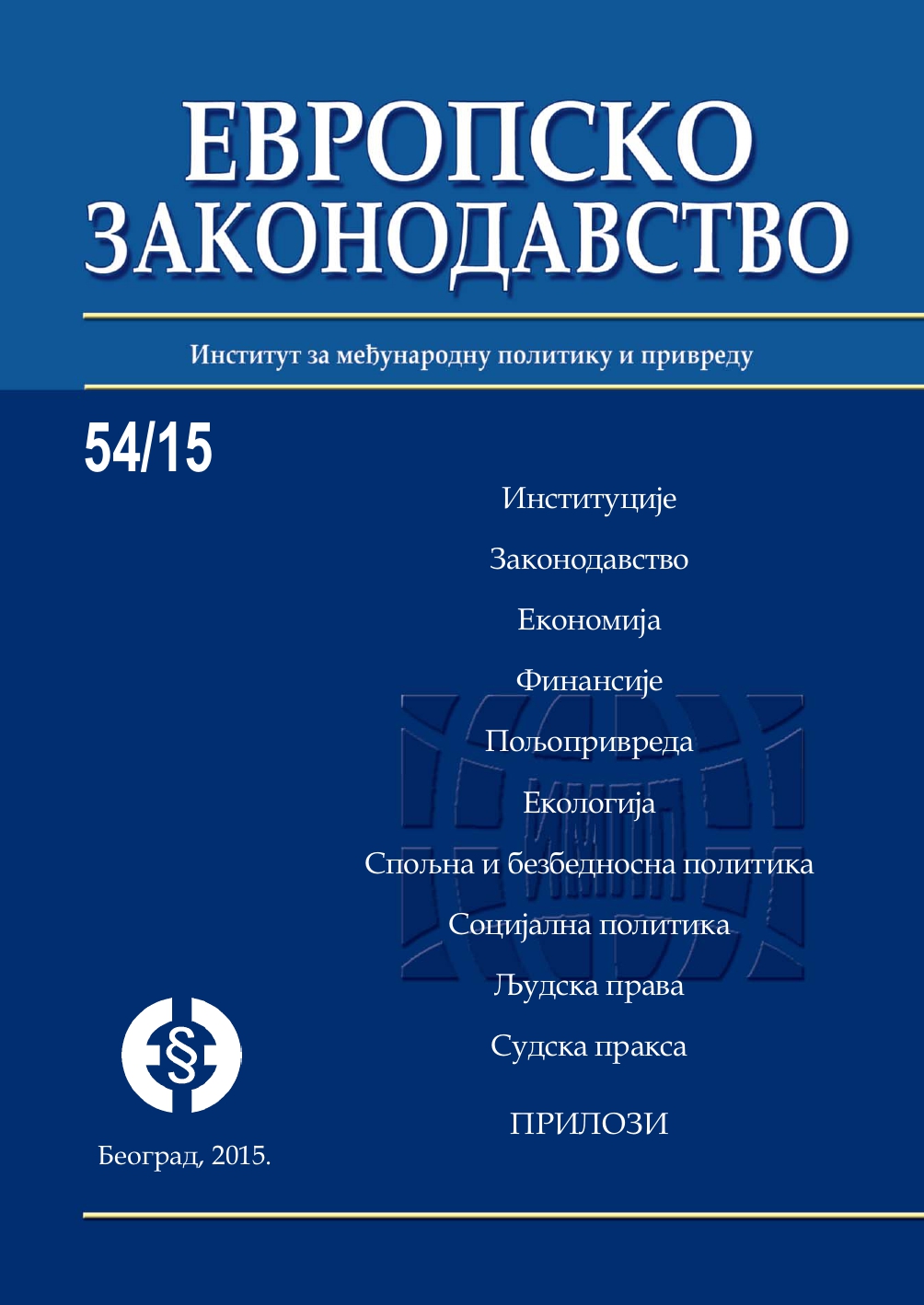Казнена политика према малолетним учиниоцима кривичних дела у Републици Србији - ефекти и карактеристике
Criminal policy towards juvenile offenders in the Republic of Serbia - effects and characteristics
Author(s): Tatjana Skakavac, Sanja SkakavacSubject(s): Criminal Law
Published by: Институт за међународну политику и привреду
Keywords: juvenile delinquency;juvenile offenders;criminal policy;criminal charges;indictments;convictions;criminal sanctions
Summary/Abstract: Juvenile delinquency remains a serious problem in the Republic of Serbia, and it appears in the environment. Statistical data indicate an escalation of juvenile crime, which can be interpreted as a specific, primarily, social and economic conditions. Except for 2010, when the number of the accused in relation to the number of reported juvenile delinquents was by far the lowest percentage, in all other years it increased over 70%, which indicates an increase in the efficiency of the Public Prosecutor’s Office for Minors in this area. During the same period, the number of convicted juvenile offenders, in relation to the number of defendants, in each year prelatio percentage is over 70%, which also indicates that the competent prosecutors and judges for juveniles showed a solid efficiency within their jurisdiction. In addition, the visible increase in the number of convicted minors, where is the sanctioned under the age of minors is evident almost equal percentage of the imposed educational measures of warning and directing as well as educational measures of increased supervision, usually by a parent or guardian. In older juveniles, were dominant educational measures and in a slightly higher percentage an increased supervision, over the use of warning and directing. A number of institutional measures are slight and juvenile imprisonment is imposed in a negligible number of cases, especially in a period of 5 to 10 years, indicating a fairly mild and inconsistent penal policy towards juvenile who committed a greater number of serious crimes. To improve efficiency in combating juvenile delinquency and its prevention is essential over the High Judicial Council, Supreme Court of Cassation and the Ministry of Justice and Public Administration to initiate equalization and tighten the punitive policies toward juvenile perpetrators of the most serious crimes. Penal policy for returnees means introducing the principle of “zero tolerance” in the use of the principle of opportunity by the public prosecutor for juveniles. Insufficient implementation of corrective orders, the obligations and specific measures of medical character in practice should be reconsidered.
Journal: Европско законодавство
- Issue Year: 2015
- Issue No: 54
- Page Range: 330-343
- Page Count: 14
- Language: Serbian

